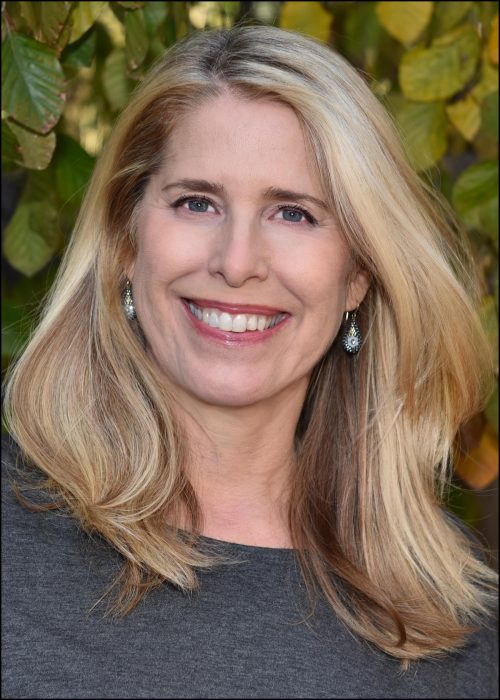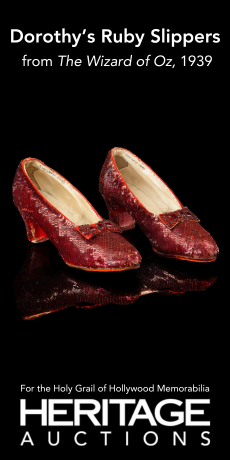January 10, 2016
BY JUDY CARMACK BROSS
When Elise Paschen approached the microphone at the Poetry Foundation recently for a reading from her upcoming collection of dream narratives, The Nightlife, the many reasons why she is an internationally acclaimed poet and radiant person surely sprang to everyone’s mind. Set against the soaring ceilings of the building’s auditorium and overlooking the serene inner garden courtyard hiding the street, the combination of Elise’s beauty and inspired diction drew the audience into “life lived and life imagined,” as she described her latest collection.
“In a way, my poems are like mini-novels; there are different characters who are aspects of myself,” she shared in a later conversation.
To other poets, Elise sets a high standard as internationally acclaimed poet and University of Chicago faculty member Rosanna Warren commented:
“Elise lives her poems and steeps her poems in life, which means, inevitably, sorrow and toughness, as well as forceful joy. Her Osage heritage shapes a lot of her work, such as the heartbreaking ‘Wi’-gi-e,’ about the 1921 murder of an Osage woman, Anna Kyle Brown, for the oil rights to her land. But, if she is part Native American, Elise is also, simply, native human, native to the earth, native to the elemental experiences of birth, fierce love making and mourning, expressed in poems of passion and wit. Here’s how she welcomed the birth of a daughter: “Naked warrior: she is our own. Entire empires are overthrown.’ ”
The daughter of legendary prima ballerina and Oklahoma Osage Indian Maria Tallchief and construction executive Henry Paschen, Elise describes herself as at times a “backstage baby.”
“For me, it was a very inspiring childhood to be immersed in the Prokofiev music of the ballet. I remember that my mother took me out of school when I was six years old to go to Hamburg with her while she danced. Watching her practice and perform gave me an inkling of how you master your craft,” she said. “So much of that music is part of my soul.”
Although her mother was very proud of the poems and plays that Elise began to write in the third grade, she told her she should set her sights on law school.
“My father said you need to pursue what you want to do,” Elise remembered. It was not until her time at Harvard and later Oxford that her mother really began to support the fact that she was a writer. “And she was proud that I was making a living as a poet when I headed the Poetry Society of America,” she recalls.
Elise treasures the memory of a reporter’s interview with her mother.
“She refers to her ‘daughter, the poet,’ and takes out one of my poems and kisses it,” she said.
If you are an aspiring poet, Elise is the mentor and teacher you want to choose. An adjunct assistant professor at the School of the Art Institute, Elise presented Texan student Katie Jo Smith as part of the recent Open Door series at the Poetry Foundation. Elise not only read from her new works but also introduced the young poet with pride, detailing her literary accomplishments and perhaps launching a promising new career.
Elise describes her own writing as “pretty methodical.” “I try to be ready when an idea for a poem strikes me. There will be eight poems out of 40 in my new book that deal with dreams, and I keep a dream journal,” she explained. “I have a little brown notebook where I write the poems. I do all my revisions on my computer. I try to carve out time during the week and put on my calendar, ‘Write.’ ”
She describes her former role as executive director of the Poetry Society of America as a “four-day-a-week job,” and Wednesday as her writing day — she would do nothing else.
The Nightlife, her fourth poetry collection, will be published by Red Hen Press in the spring of 2017. Elise is currently “thinking of ways to bring the book to conclusion, weaving in surrealist painters such as Joan Miró and Salvador Dali.” This will be followed by “endless revisions.”
Her poem “The Tree Agreement” will appear in the January issue of Poetry magazine, focusing on ecojustice. Another poem, “Lear’s Wife,” will appear in a later 2016 issue. “I am not good about sending out my work,” she says. “I keep it close to me for a while.”
After graduating from Harvard, where she was awarded the Joan Gray Untermeyer Poetry Prize, Elise received her Ph.D. from Oxford University in British and American literature. At Oxford, she wrote her dissertation on William Butler Yeats and co-founded Oxford Poetry. She is also a cofounder of “Poetry in Motion,” which placed poetry posters in buses and subways across the United States.
Elise and husband Stuart Brainerd are parents to Alexandra, 16, and Stephen, 14, and involve themselves in many aspects of the community.
“As a mother, wife, and professor, I do not have the liberty to attend many writers retreats such as the Tyrone Guthrie Centre residency program in Northern Island I participated in 10 years ago, but four nights at a Point Reyes, California, retreat really rejuvenated me recently, ” she said. “It has been nine to ten years between books, but it will be eight years with my fourth.”
Bestiary is the title of her third book, also published by Red Hen Press. Elise asked her Francis W. Parker School art teacher, James Mesple, to design the cover. James’s vibrant color sense and his creative references to Greek and Roman art make him one of Chicago’s favorite artists. He never forgot Elise’s talents while a teenager.
“I taught at Parker for 10 years, and during that time, I had many talented students. Elise stood out from the others because she was so focused. Many students in their teen years seemed as if they hadn’t had a full night’s sleep or perhaps were drowsy by nature at this time in their lives,” James said. “Elise was always focused, somewhat shy in demeanor, but her eyes and ears were alert and taking in everything around her. I knew she had the observant, sensitive eyes of an artist at an early age and would go into the arts in some form. Her muse took her into the World of the Poet, where observation from all senses is paramount.”
Elise stepped out of the World of the Poet recently to travel with her family to celebrate the New Year in Lisbon and nearby Sintra and sent us some of her photographs of their time together. She could not stay away from poetry for long, however; she couldn’t resist quoting Lord Byron about this enchanted spot.

Convento Capucho. “A new poem of mine talks about “the Capuchin monk technique” employed by Salvador Dali to capture his dreams. I was intrigued to visit this monastery of the Capuchin monks built into the rocks of the Serra de Sintra National Park. It was fascinating to see the austerity of the Convento compared to the opulence of the other palaces we visited.”
“Lo! Cintra’s glorious Eden intervenes
In variegated maze of mount and glen
Ah, me! What hand can pencil guide, or pen,
To follow half on which the eye dilates,
Through views more dazzling unto mortal ken
That those whereof such things the bard relates,
Who to the awe-struck world unlocked Elysium’s gates?”
— Lord Bryon, “Childe Harold’s Pilgrimage,” 1837














